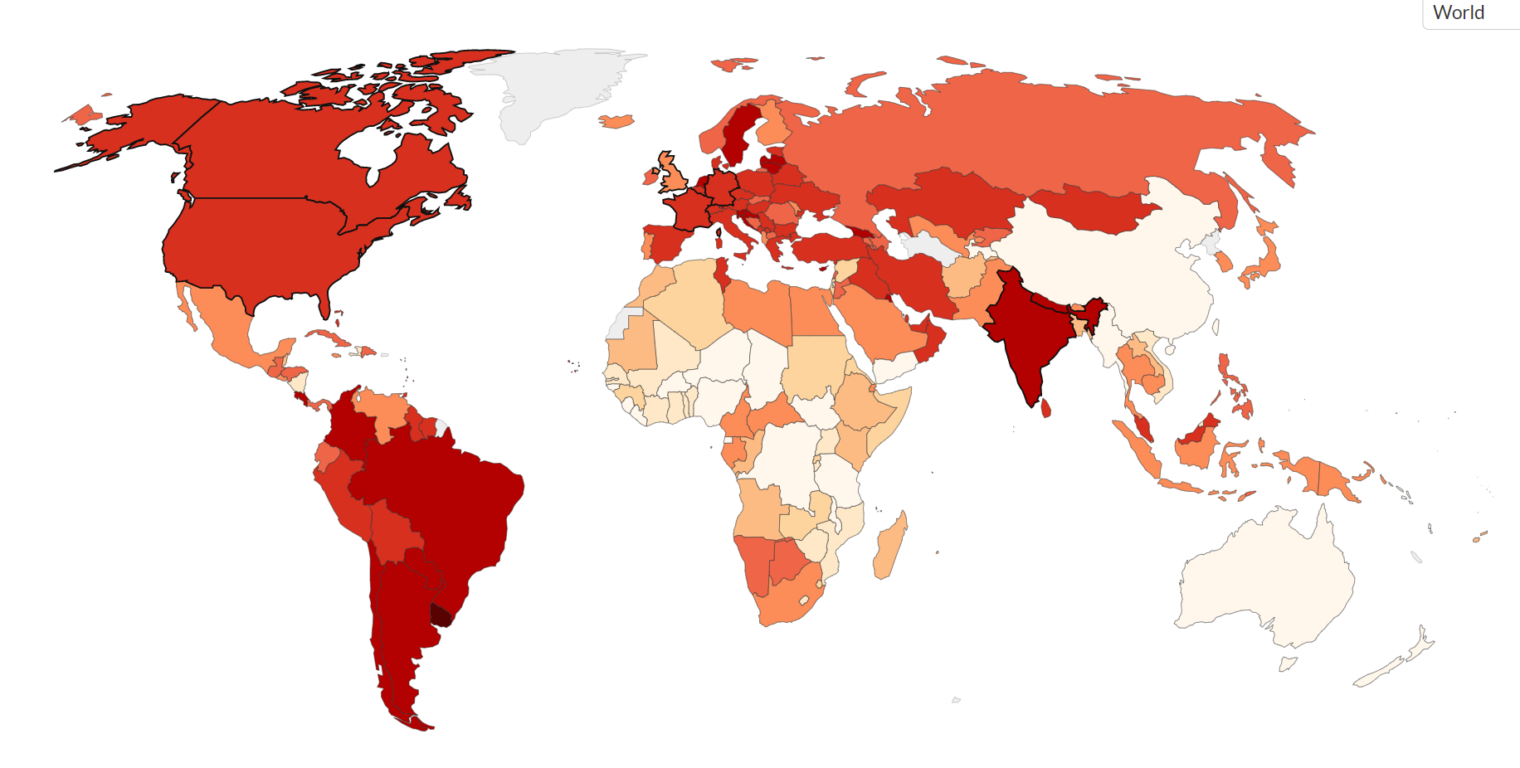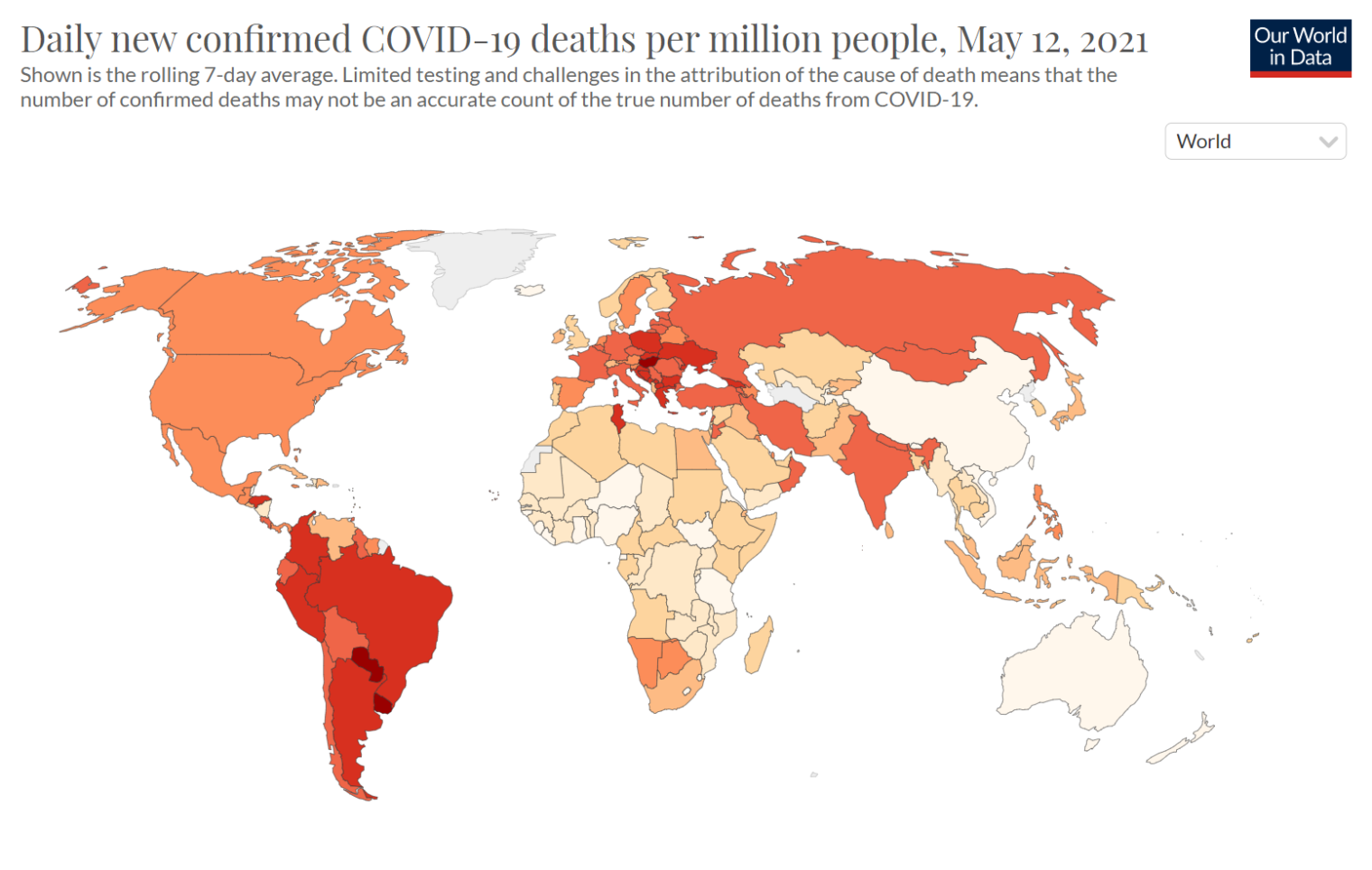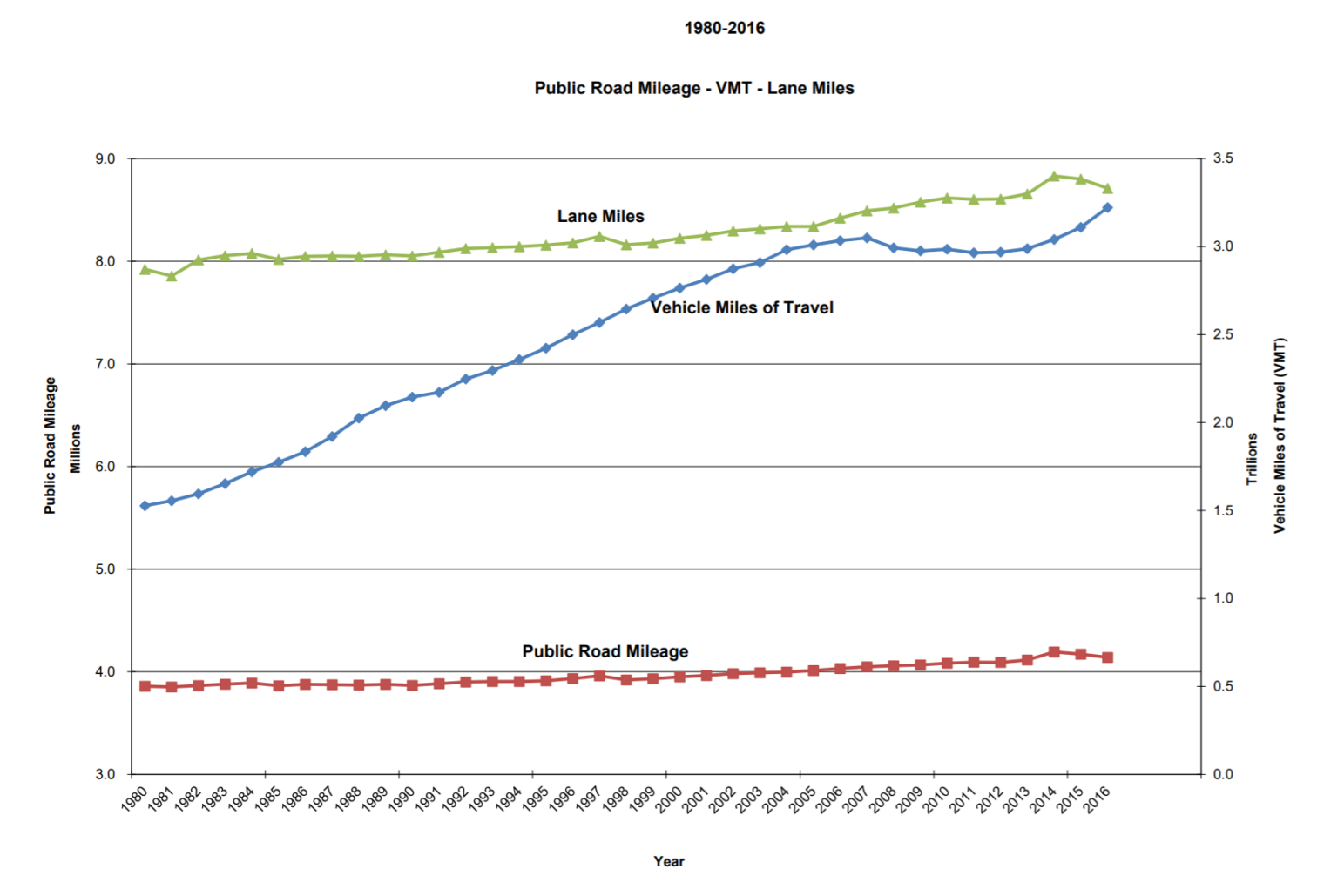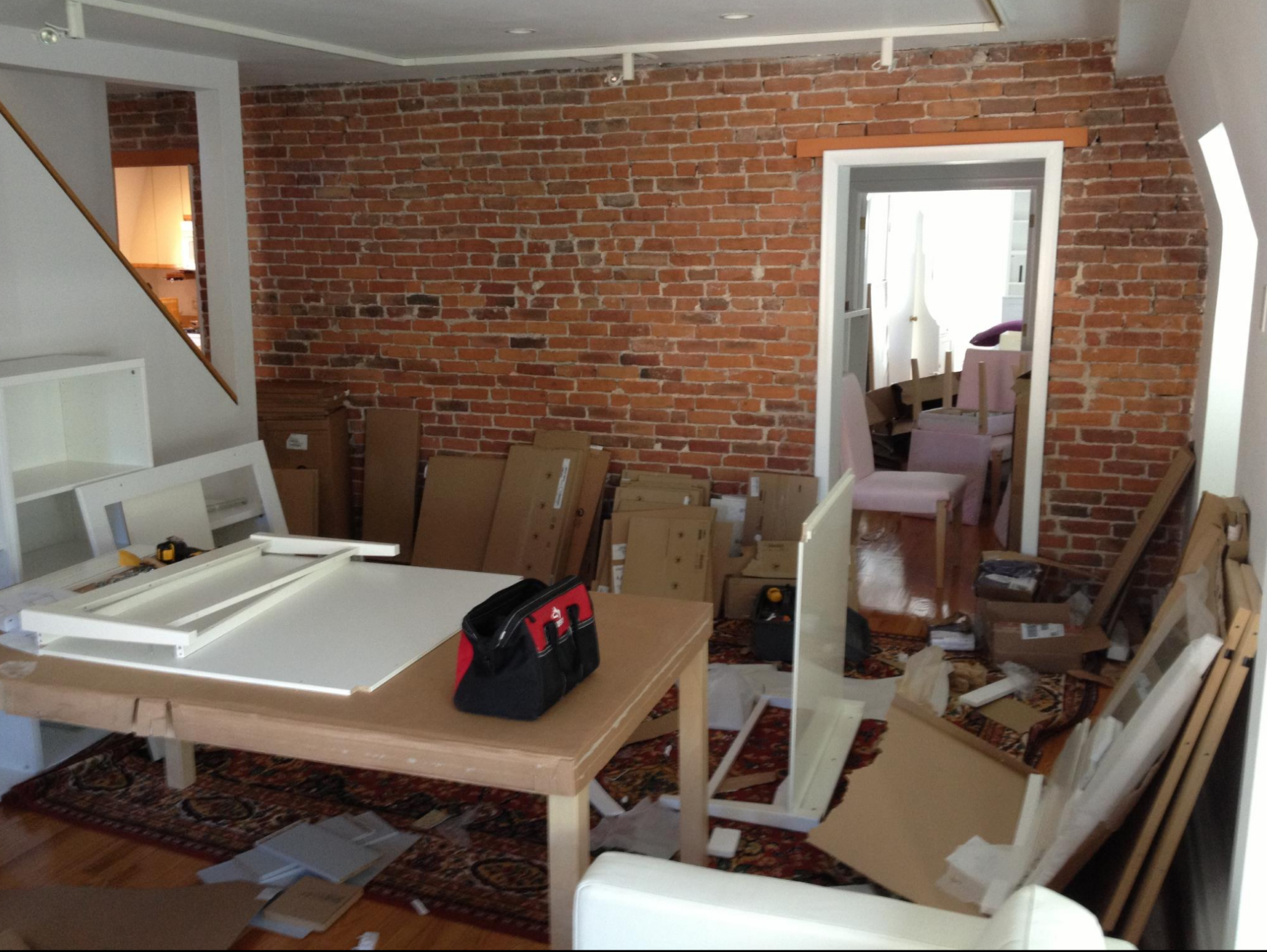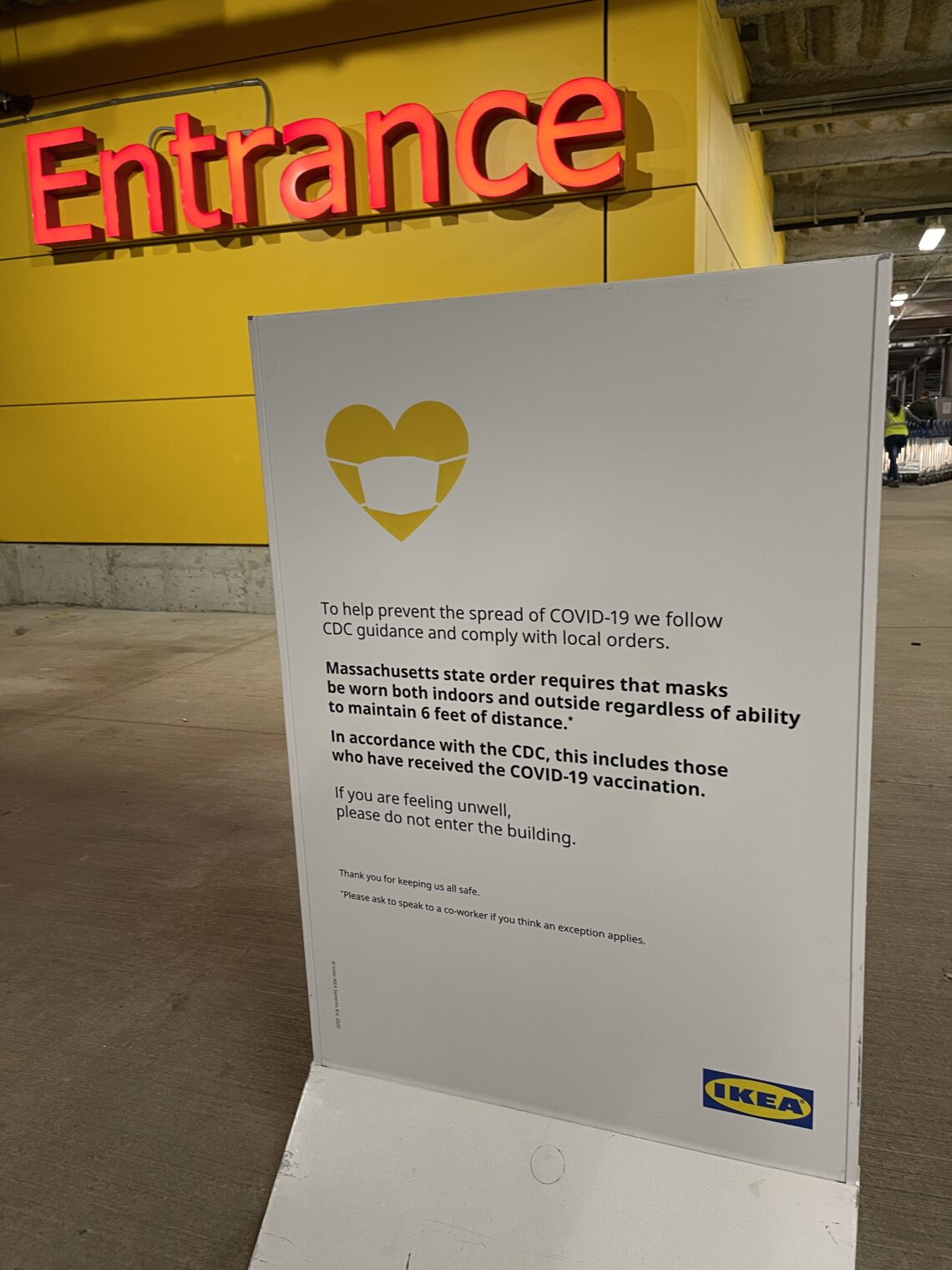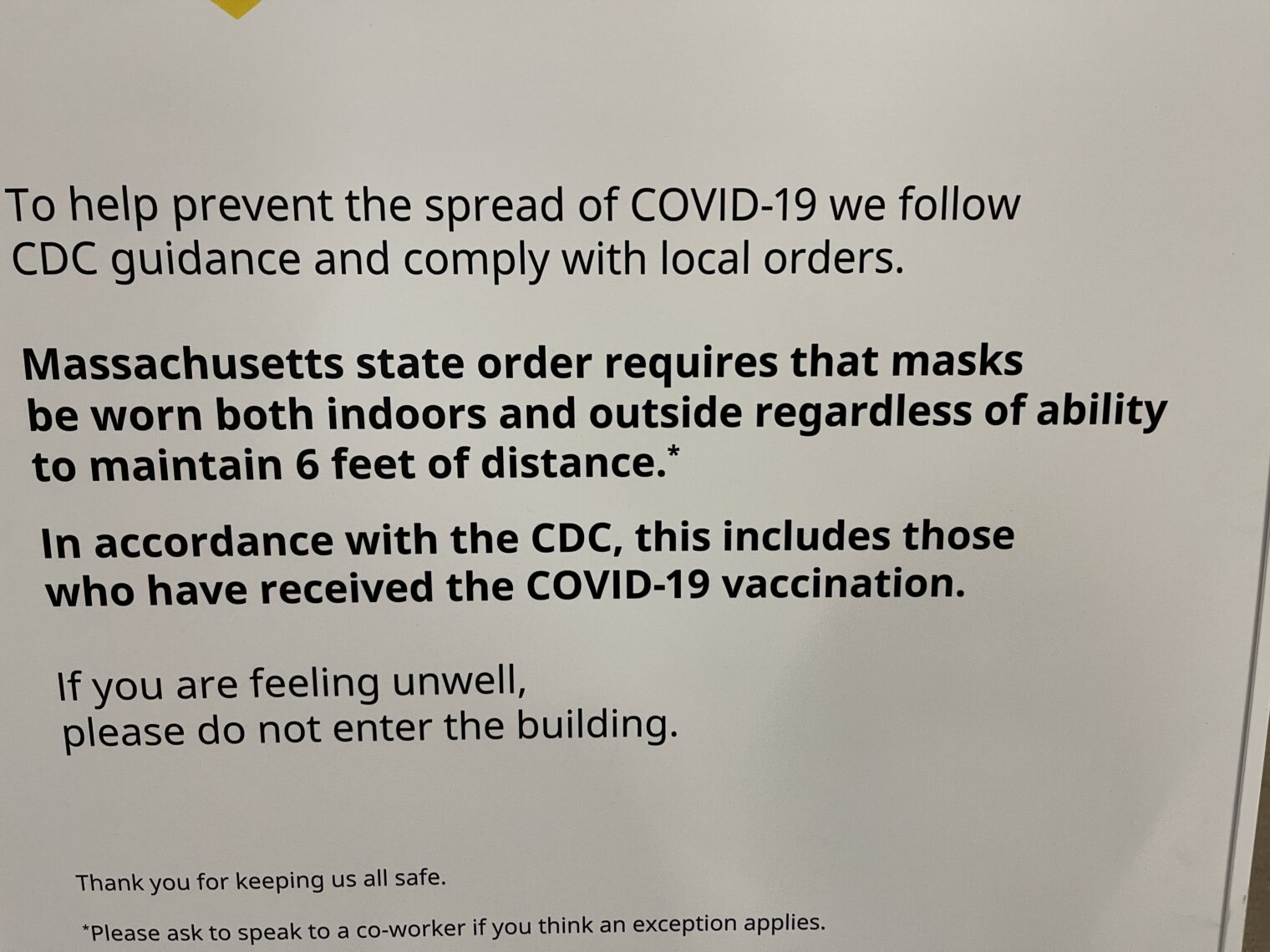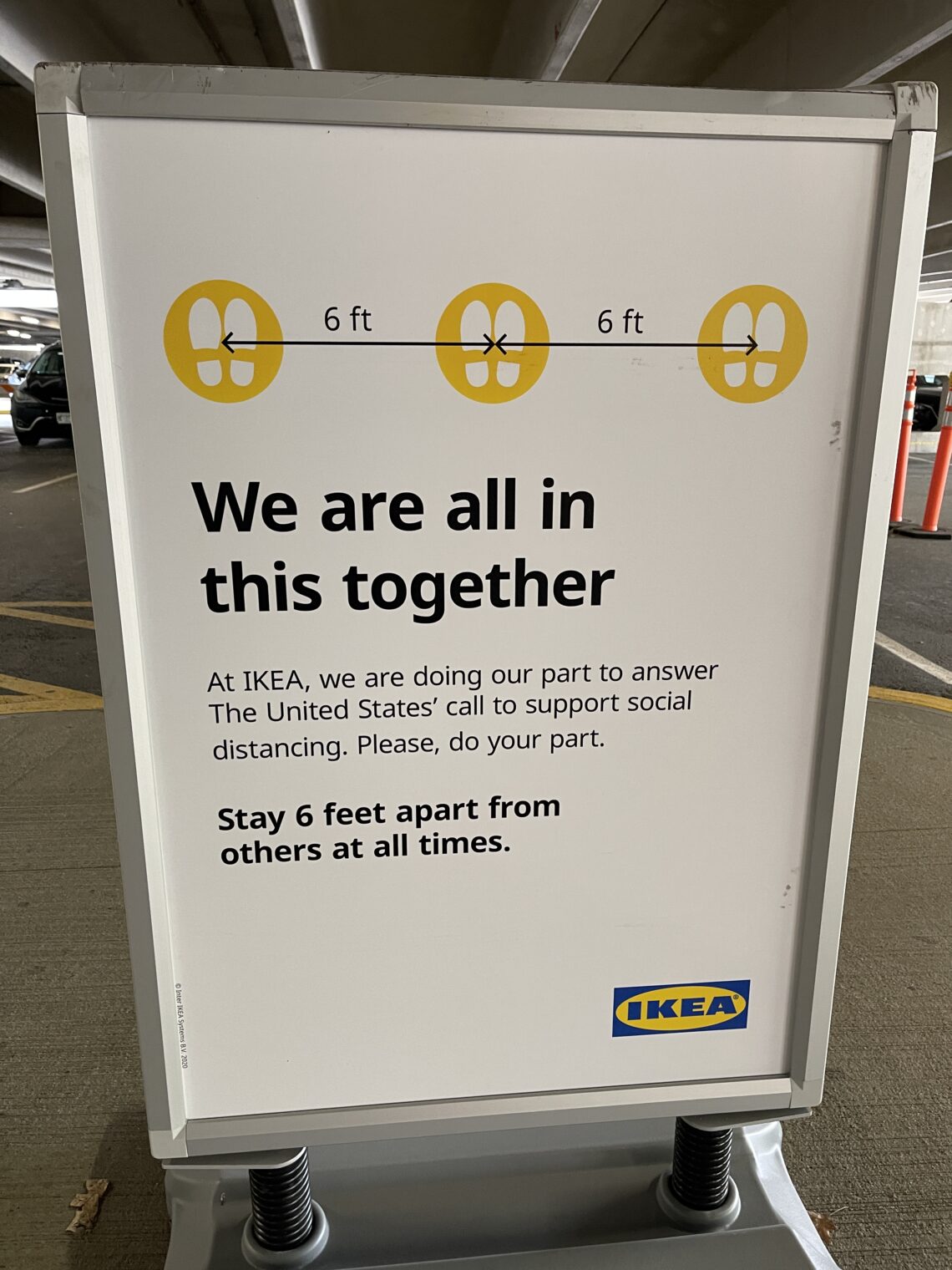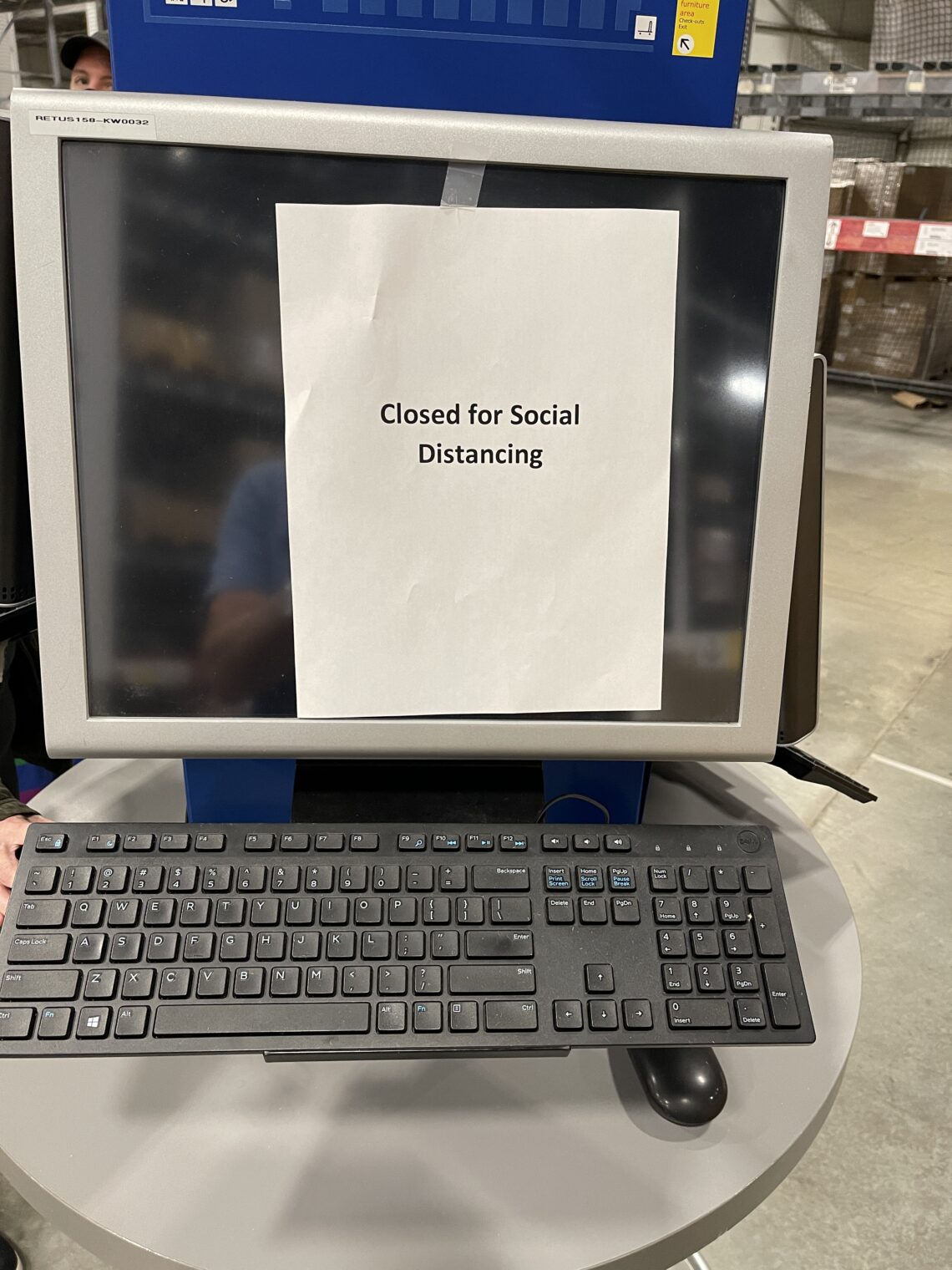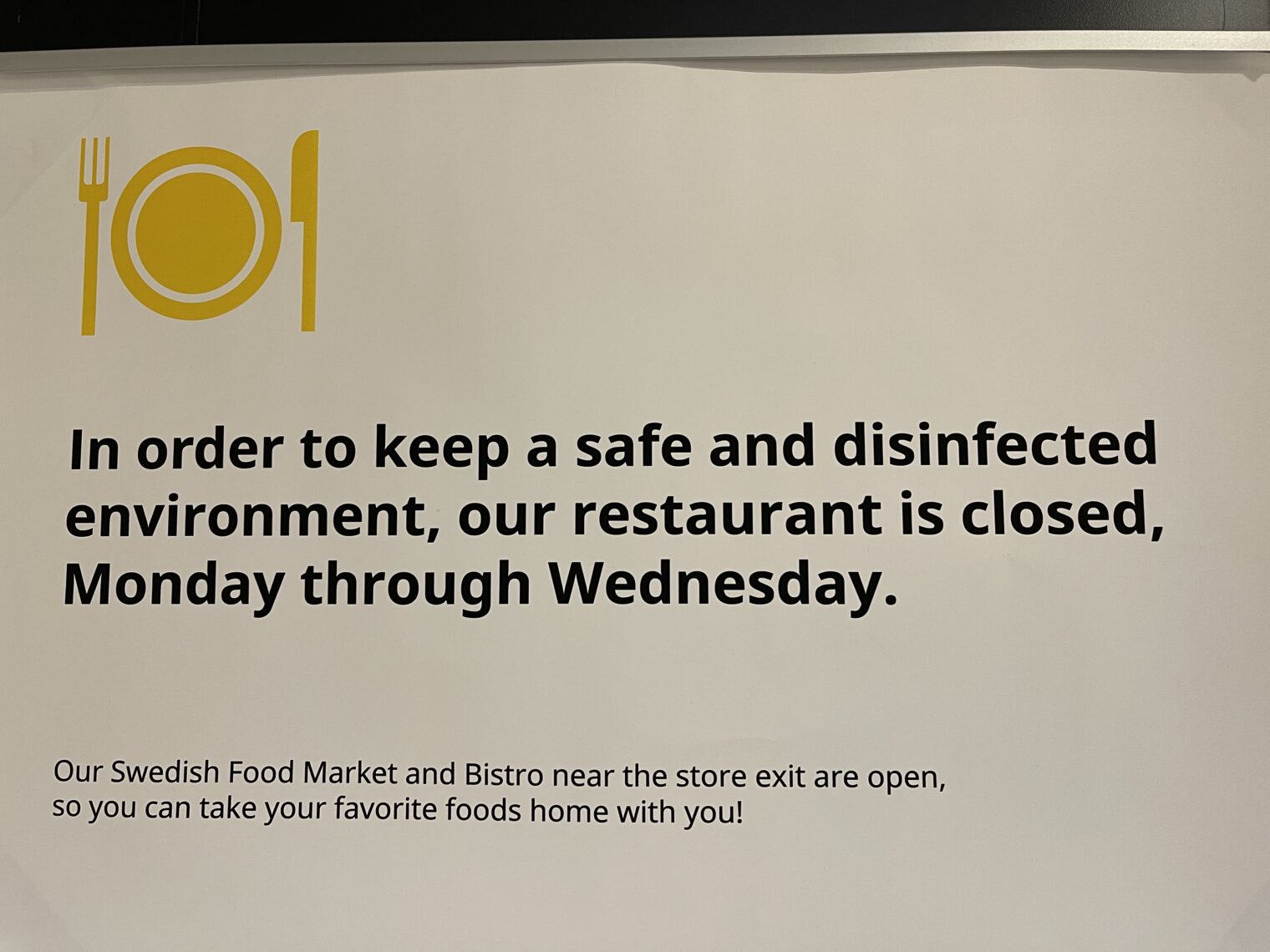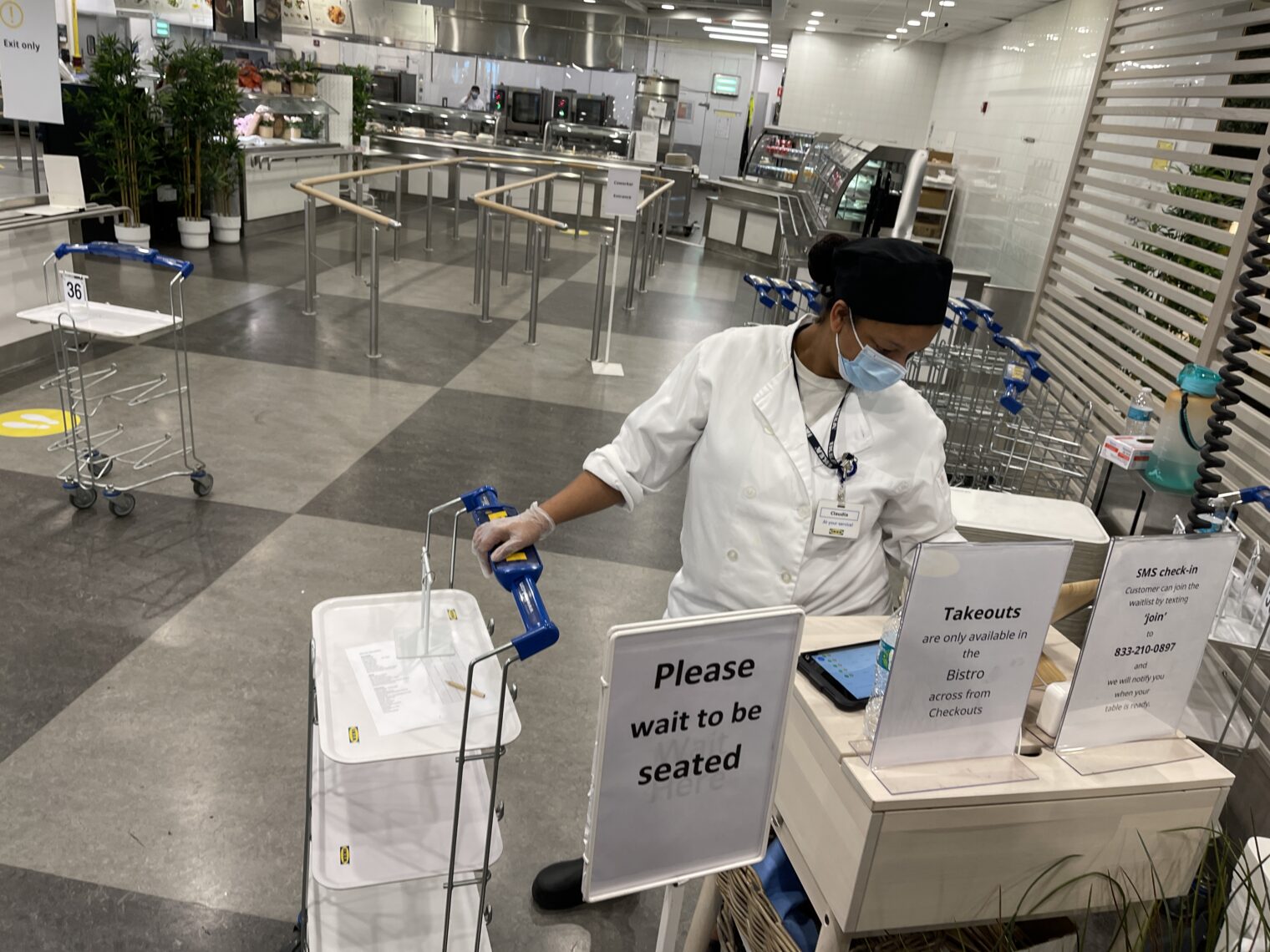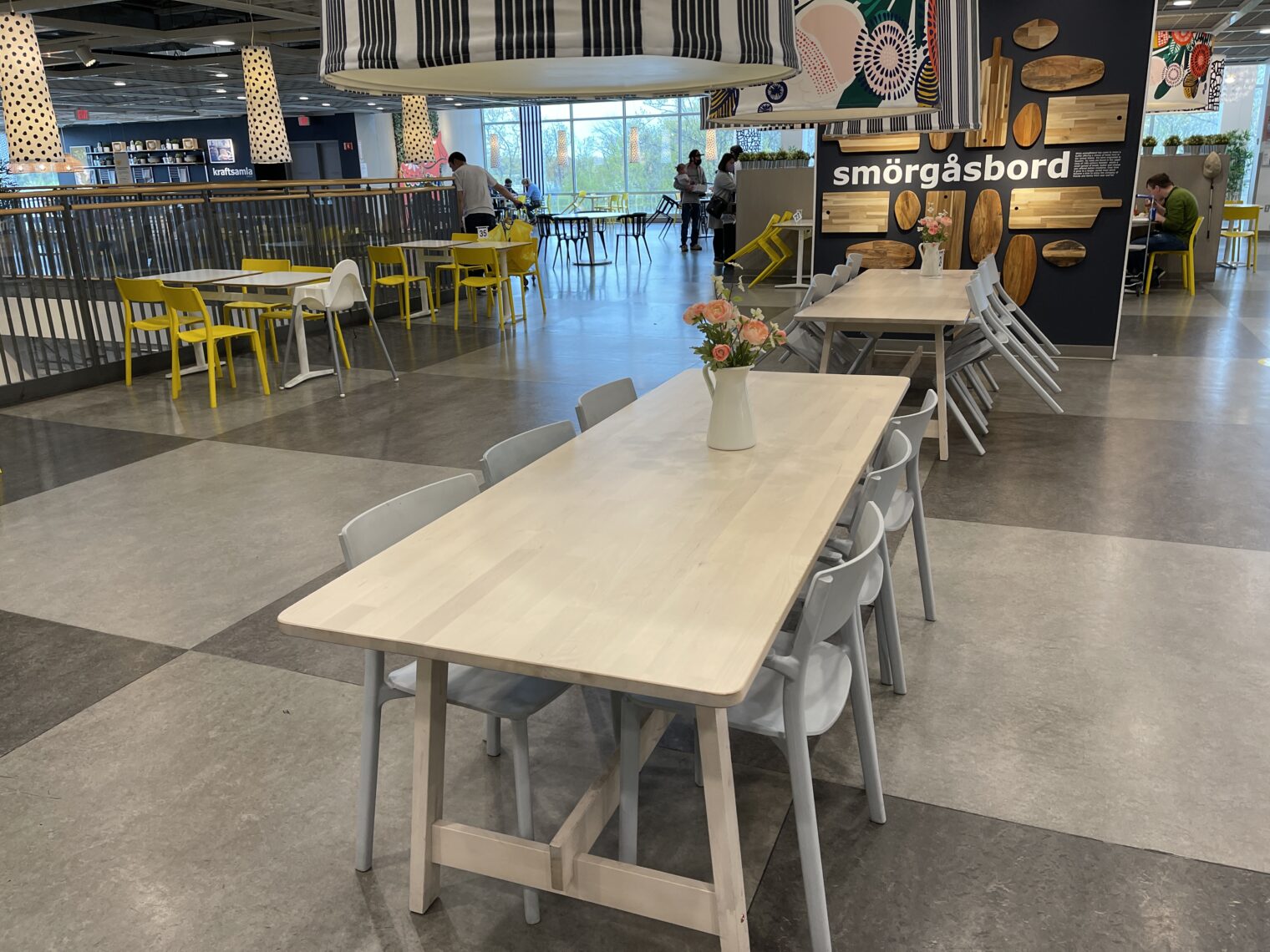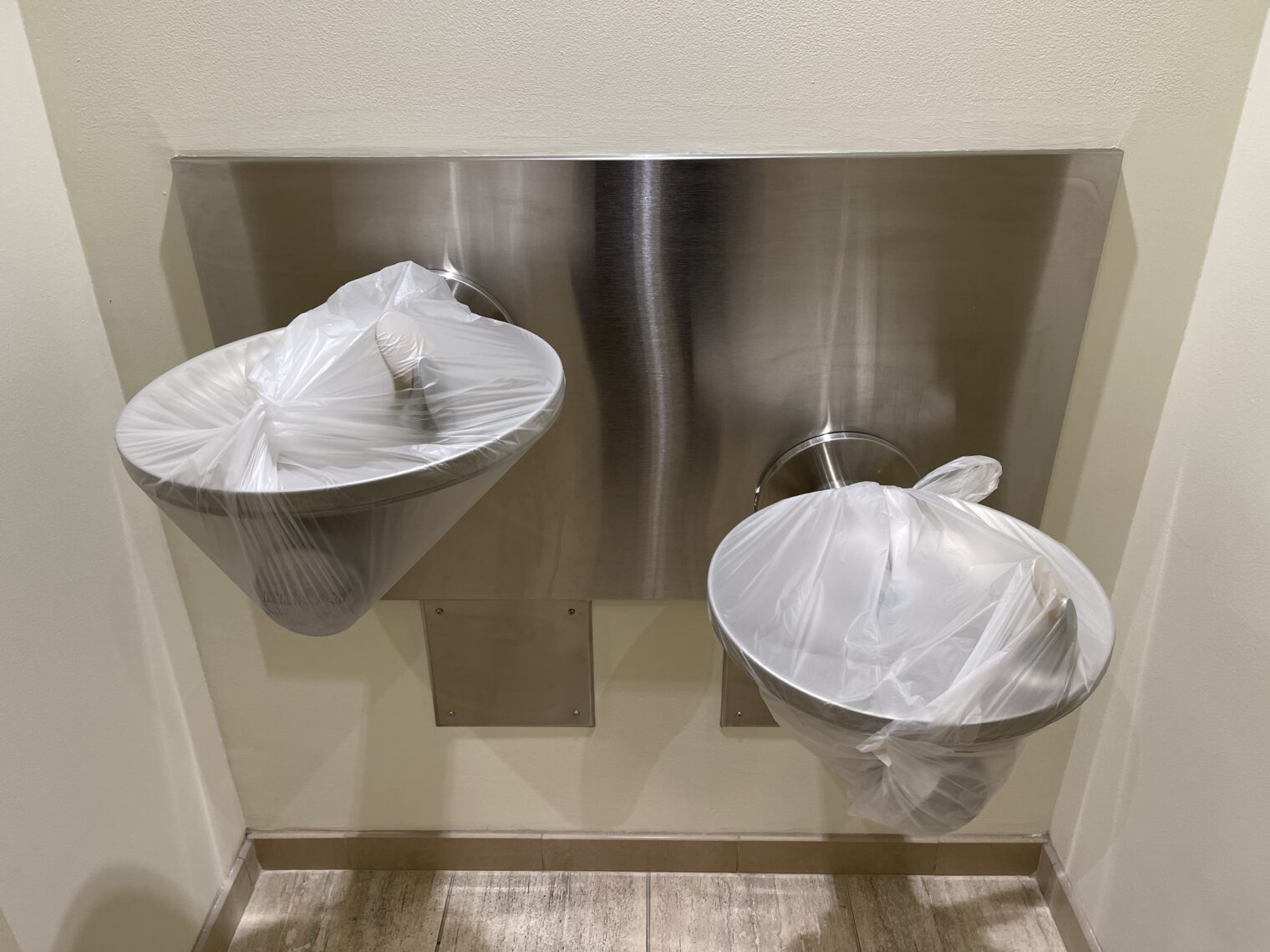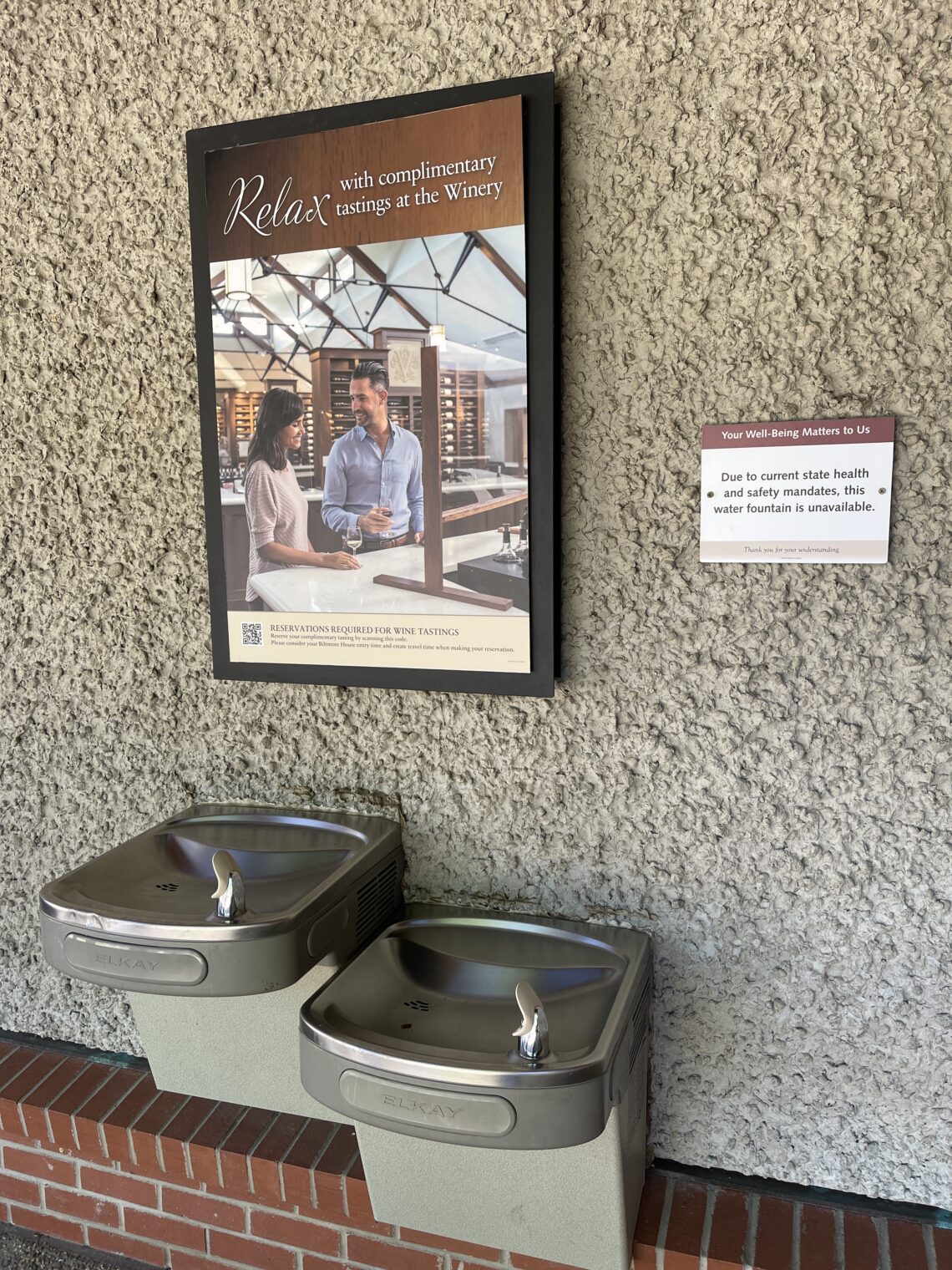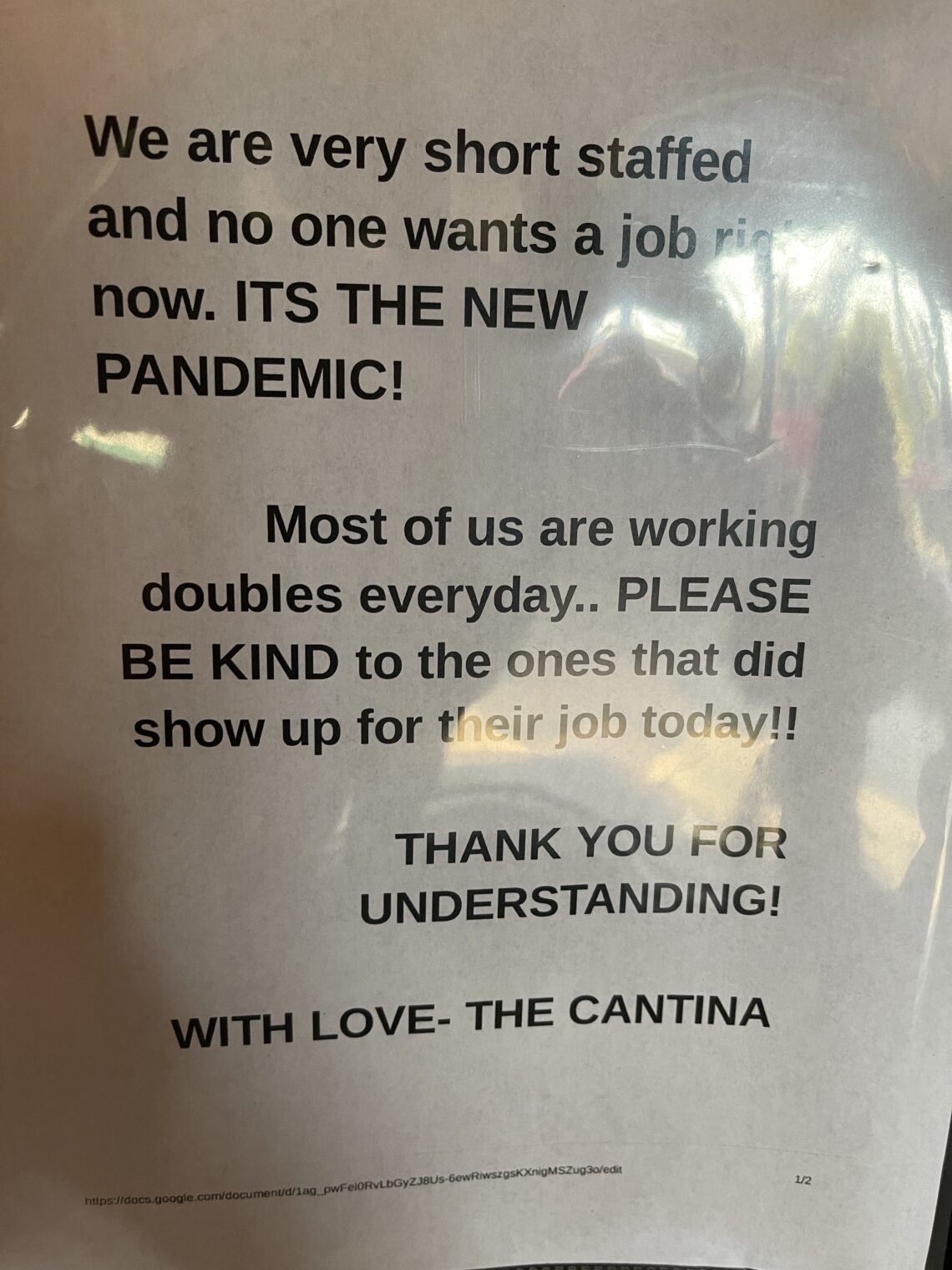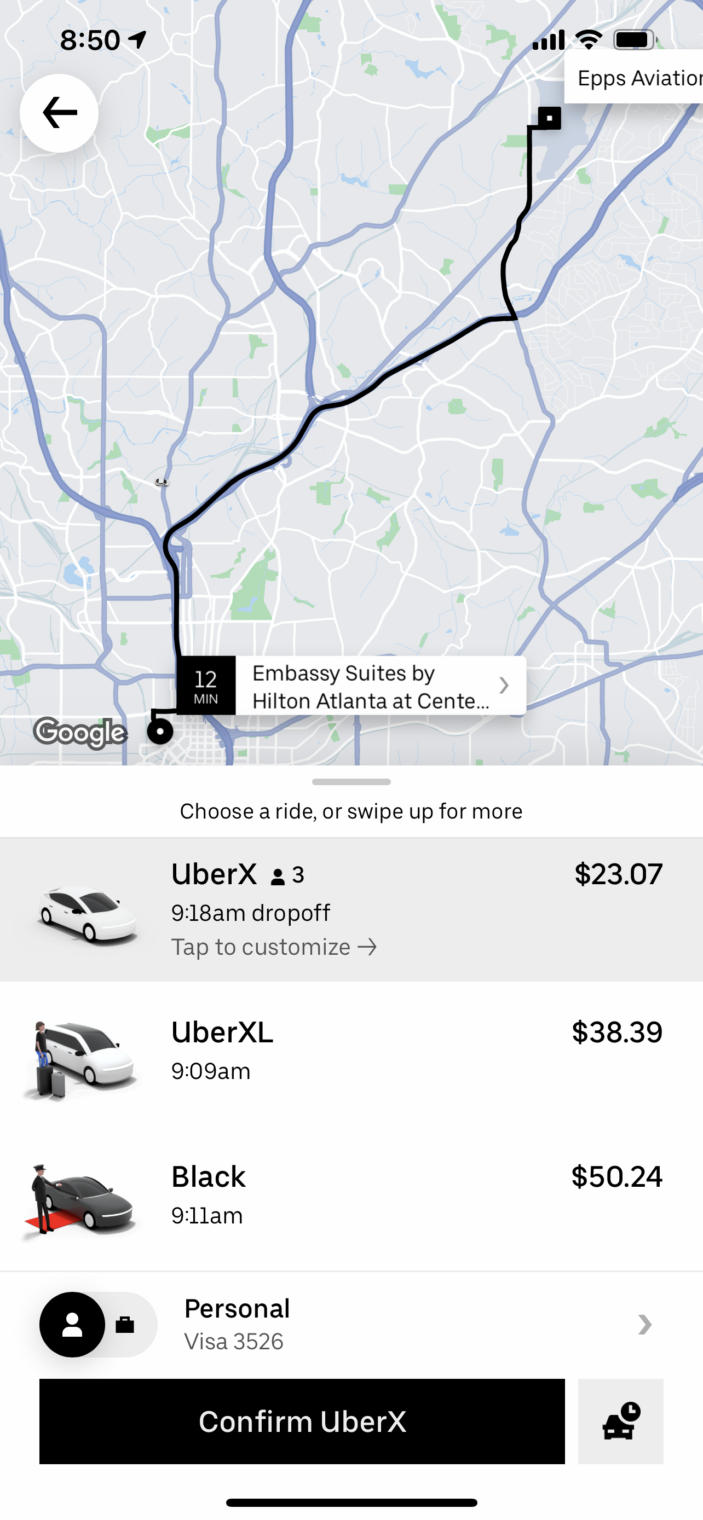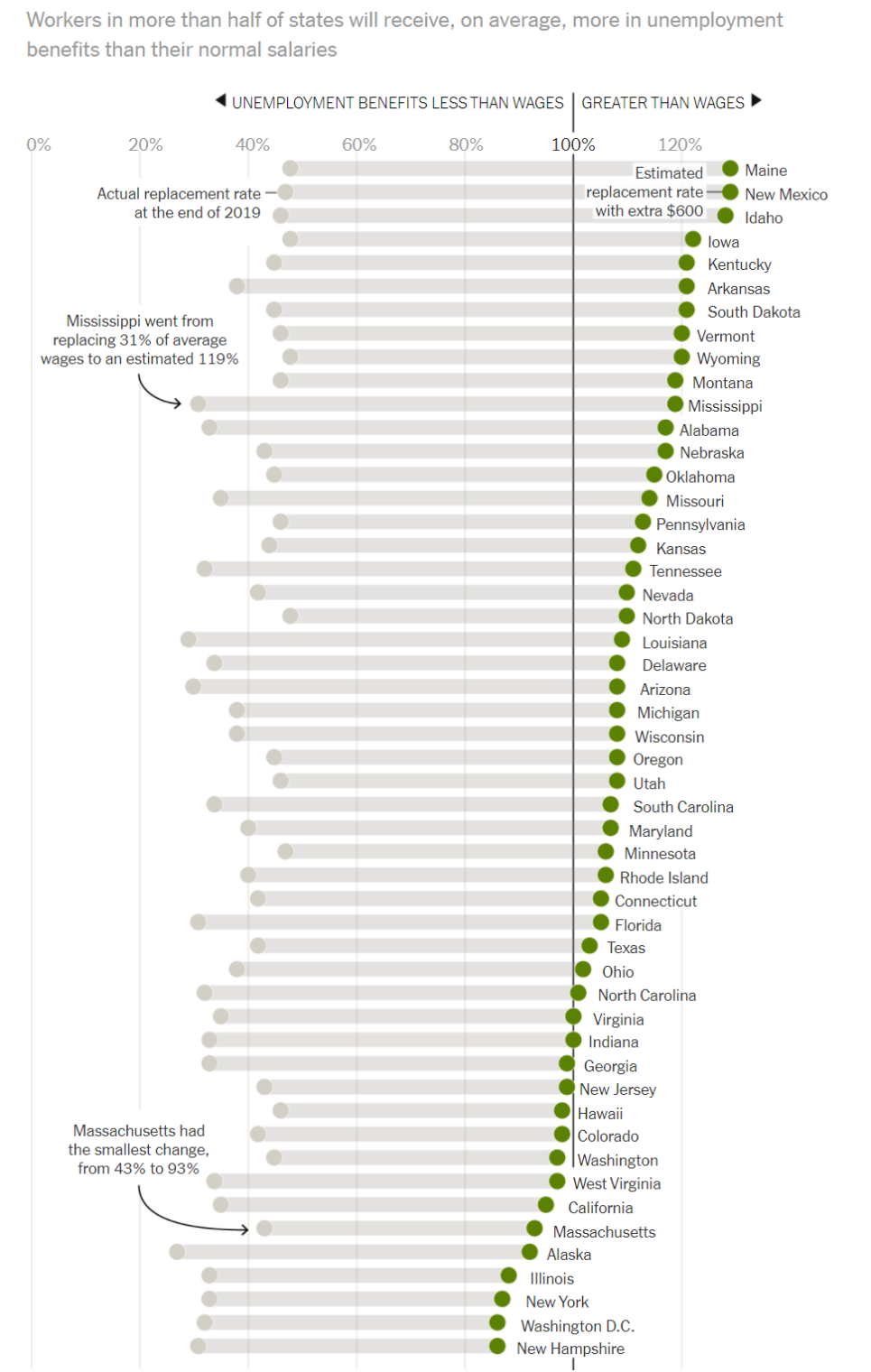Can our golden retriever get a COVID-19 vaccine before elderly humans in poor countries?
From our government-funded media, “CDC Says Kids As Young As 12 Should Get The Pfizer COVID-19 Vaccine” (NPR):
The Centers for Disease Control and Prevention recommends that the Pfizer COVID-19 vaccine be given to adolescents ages 12-15.
CDC Director Rochelle Walensky issued a statement saying, “The CDC now recommends the vaccine be used among this population, and providers may begin vaccinating them right away.”
An independent federal advisory committee on Wednesday had voted — 14 in favor with one recusal — to recommend that the Pfizer-BioNTech vaccine be quickly approved for those as young as 12.
Here in Massachusetts, prior to deaths-by-age data being withdrawn from public view, nobody under 18 had ever been killed by COVID-19 (see Maskachusetts: When people aren’t scared enough, change the Covid-19 dashboard). Due to the minimal impact of COVID-19 on the young and the non-FDA-approved status of the vaccines, the physicians whom I’ve talked to say that it would be against the Hippocratic Oath to inject vaccines into young adults, much less children. See Is it ethical for a physician to vaccinate a healthy 20-year-old against COVID-19? and We love our children so much we will give them an investigational vaccine
Even if we believe that a 12-year-old will somehow benefit from getting an “investigational” pharmaceutical, do we think that he/she/ze/they will benefit as much as a 65-year-old in a vaccine-poor country? If we believe our lawn signs (“Black Lives Matter”) and our statements (#StopAsianHate and Brown Lives Matter), why wouldn’t we ship Pfizer doses to India or Colombia to be injected into old (vulnerable) people we refer to as “brown” rather than into white American 12-year-olds?
The map from Our World in Data (“Daily new confirmed COVID-19 cases per million people”):
Colombia, Brazil, Paraguay, India, Costa Rica, et al. all have higher case rates than the U.S. and presumably plenty of people we would regard as worthy vaccine charity cases. Here’s the map of vaccination rate (percent of people who’ve had at least one dose):
India is at only 10 percent. Why does a white American 12-year-old get a vaccine before a 60-year-old in India? At the rate we’re going, is it fair to predict that Mindy the Crippler (our golden retriever) will be eligible for a vaccine before a 50-year-old in India can get one?
Separately, comparing the above two charts shows high vaccination rates in Chile, Uruguay, and Canada, for example, and also fairly high coronaplague “cases”. Considering deaths, the statistics for which are less dependent on testing zealotry, Chile and Uruguay have both a high vaccination rate and a high death rate:
If they’ve vaccinated the old/vulnerable, how is it that these countries are experiencing a significant wave of coronadeath? Are these old/vulnerable folks who got infected months ago and have been in the hospital for a long period of time?
To close on a cheerful note, the plague in India does seem to be subsiding in accordance with Farr’s laws. From the NYT:
Full post, including comments